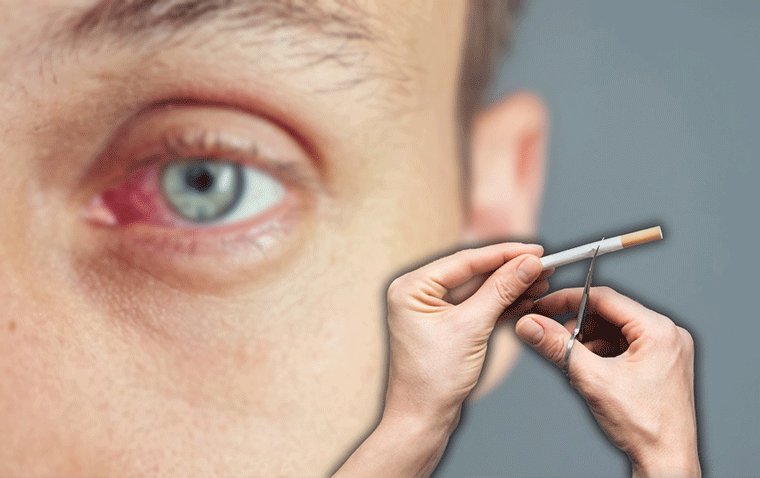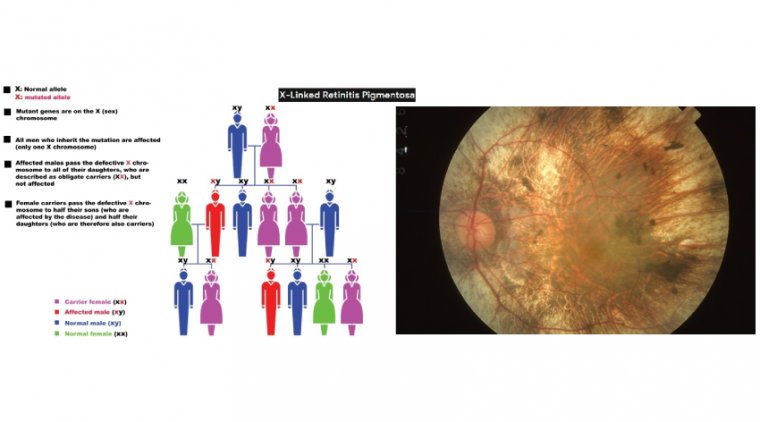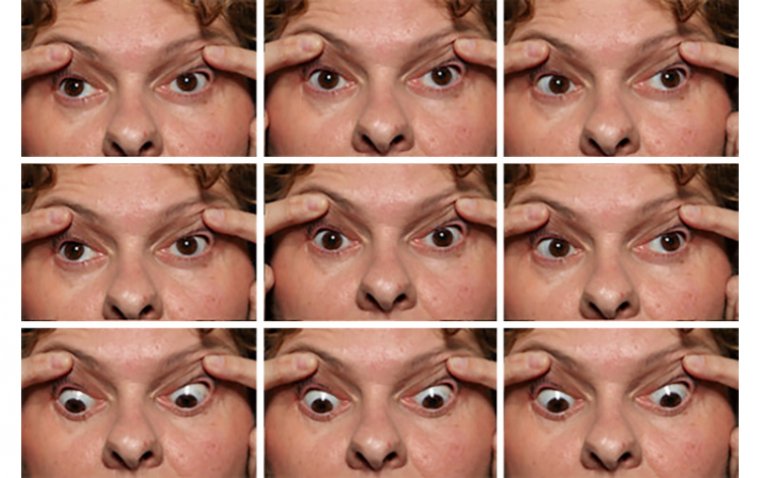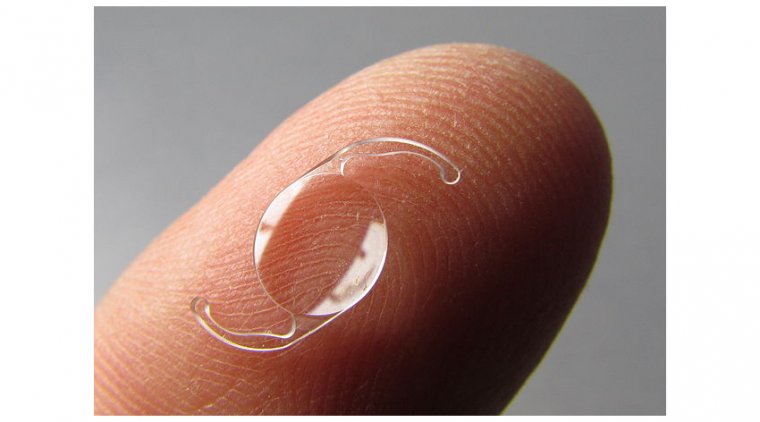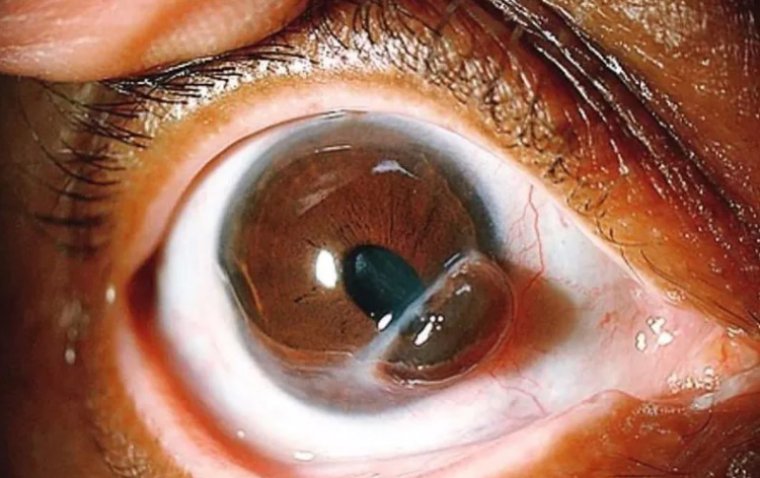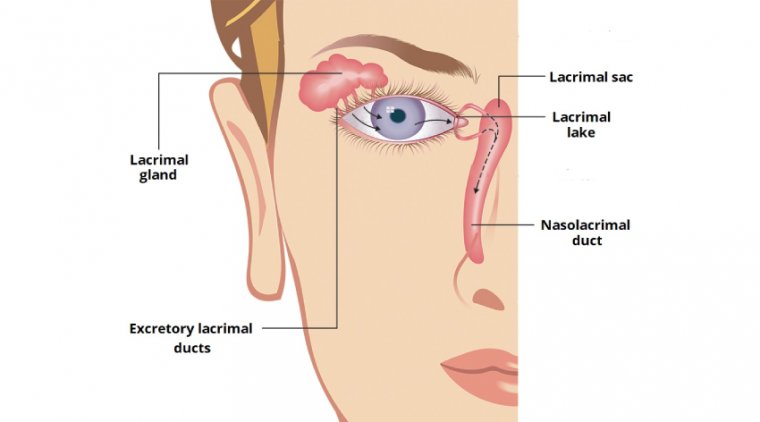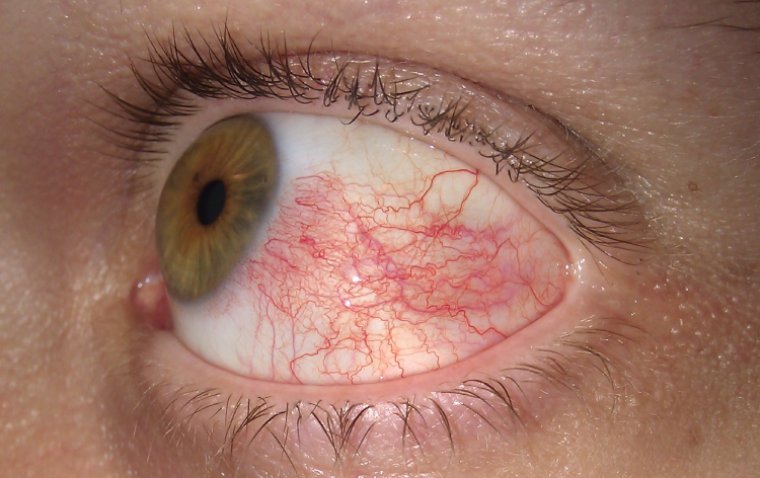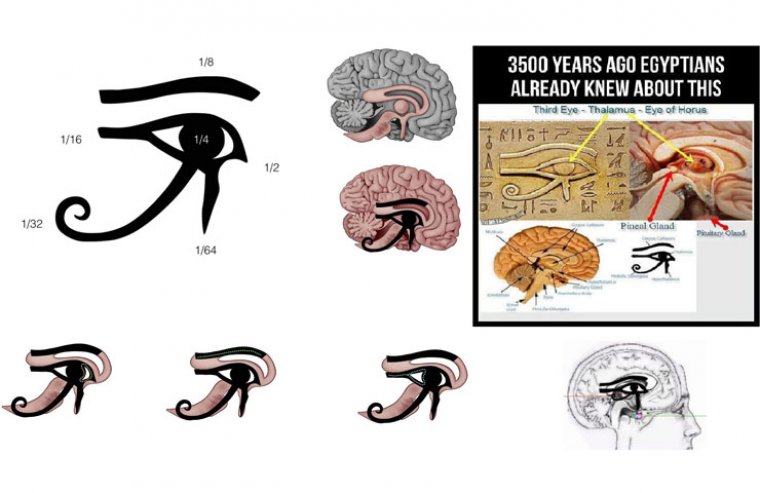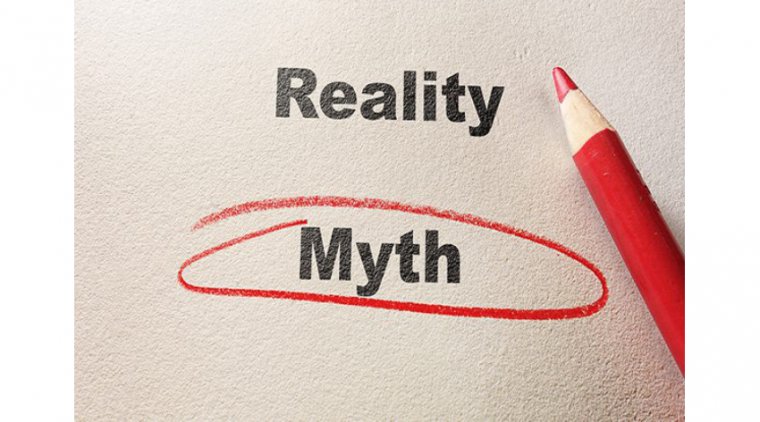
Top 10 Myths About Eye Health and Vision Debunked
Eye health is crucial for maintaining good vision and overall health, but there are many misconceptions about how to care for your eyes and vision. Here are the top 10 myths about eye health and vision that are often believed, but are actually not true.
1. Sitting too Close to the TV is Bad for Your Eyes
This is a myth that has been around for a long time, and it's simply not true. Sitting too close to the TV can cause eye strain, but it won't cause any permanent damage to your eyes. The best way to avoid eye strain is to take breaks and give your eyes a rest.
2. Wearing Glasses Weakens Your Eyes
This is a myth. Wearing glasses does not weaken your eyes, but instead helps correct vision and reduce strain on the eyes.
3. People Who are Color Blind Only See Black and White
Most people with color blindness do not see everything in shades of gray, as this is the most severe form of the condition, which is uncommon. Instead, most people with color blindness see partial color, meaning they have difficulty distinguishing between certain hues, such as green and red.
4. All babies are Born With Blue Eyes
The myth that all babies are born with blue eyes is a widespread belief, but it's not true. Eye color is determined by the amount and type of melanin, the pigment that gives color to our skin, hair, and eyes. Within about 12 months, cells begin to produce melanin. As more melanin builds up in the iris, eye color may darken.
5. Spending too Much Time Reading or Using Screens Will Harm Your Eyes
While prolonged screen use can cause eye strain, it is not likely to cause any permanent damage to your eyes. Regular breaks and proper lighting can help reduce eye strain.
6. Eating Carrots Will Improve Your Vision
While eating a balanced diet rich in fruits and vegetables can benefit your overall health, including your eyes, there is no evidence to support the idea that eating carrots specifically will improve your vision.
7. Reading in Low Light is Bad for Your Eyes
Reading in low light can cause eye strain and fatigue, but it will not cause permanent harm to your eyes.
8. Crossing Your Eyes Will Cause Them to Stay That Way
This is another myth that has no basis in fact. Your eyes are controlled by the muscles in your eye socket, and crossing your eyes will not cause them to stay that way. However, it's important to remember that excessive eye strain can cause eye fatigue, which can lead to temporary vision problems.
9. Wearing Someone Else's Glasses Will Damage Your Eyes
This is another myth that is not true. Wearing someone else's glasses will not cause any permanent damage to your eyes. However, it's important to remember that everyone's eyes are different, and wearing glasses that are not specifically prescribed for your eyes can cause eye strain and discomfort.
10. You Can Improve Your Vision With Eye Exercises
The idea that you can improve your vision with eye exercises is a myth. While some exercises may help relieve eye strain, they will not improve your vision or correct any underlying vision problems. Eye exercises can be beneficial for people with eye strain or other symptoms of visual fatigue, but they cannot change the structure of the eye or the way it processes light and images.
It's important to be informed about eye health and to make decisions based on accurate information. Don't be misled by these common myths, and talk to your ophthalmologist if you have any concerns or questions about your eye health.
(1).jpg)
